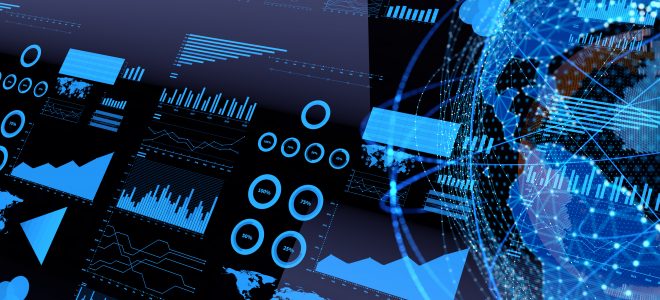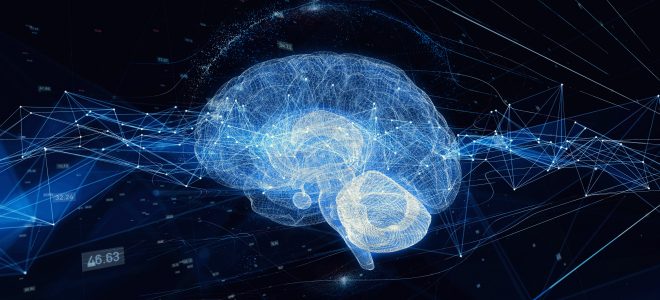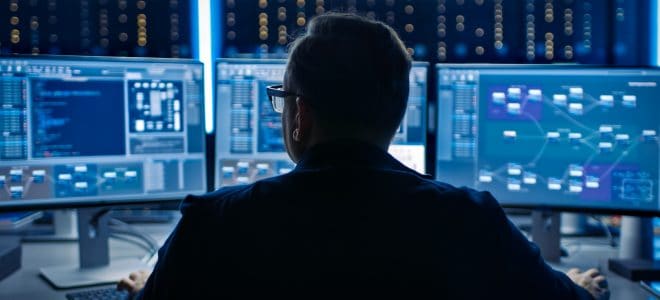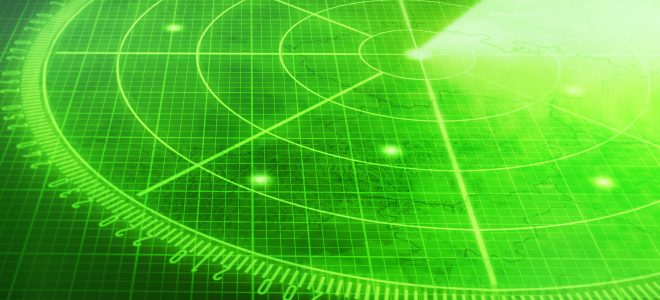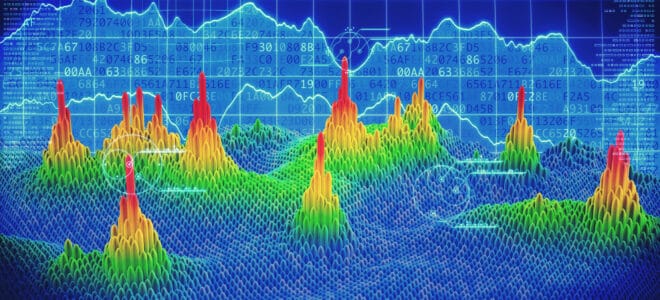Perception
In order for autonomous vehicles and other systems to be useful, they must have abilities to perceive and understand their environment. Metron develops tools that enable autonomous systems to process sensor data to make flexible planning decisions.
Join Our Team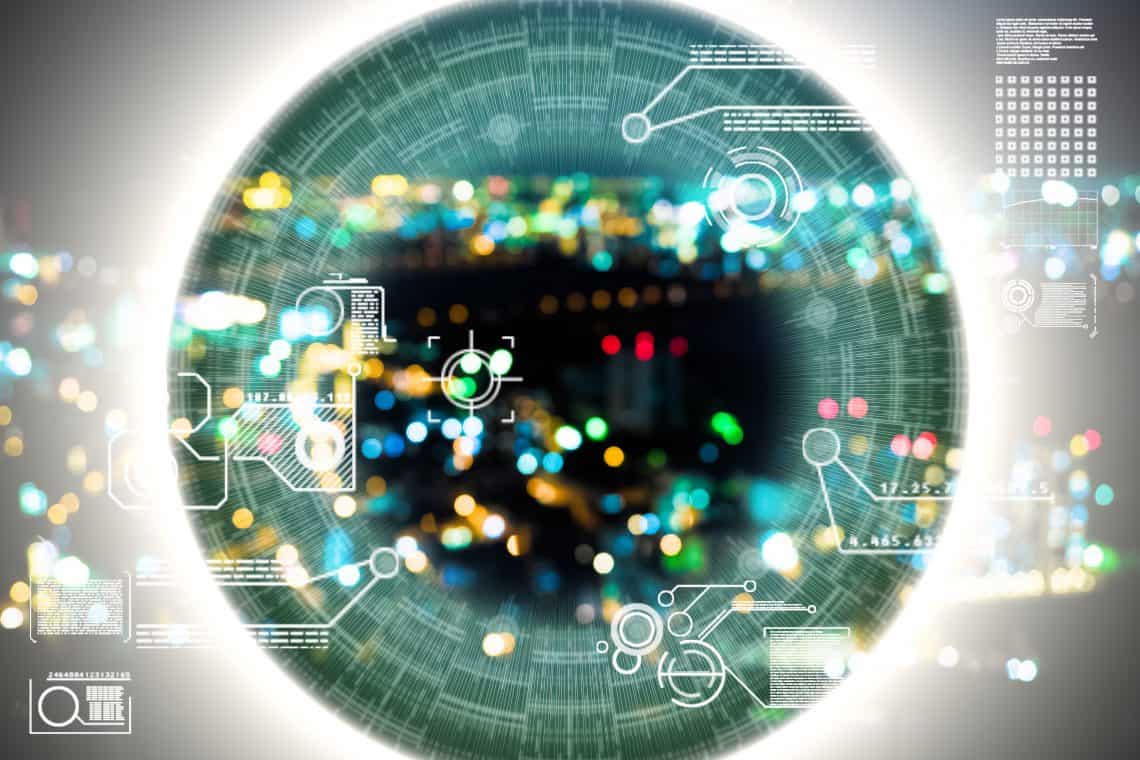
Autonomy can be seen as controlling an asset to attain some reward or goal in as dictated by the surroundings. Often, if we had a highly detailed map or atlas of the surroundings, producing autonomous responses can be straight forward. The difficulty comes in transforming sensor observations into a useful characterization of the operating environment, or perception. Metron specializes in designing systems that move from endless streams of raw data to perception and action.
Transcending Human-Reliant Autonomous Perception
In most traditional sensing, human users are the primary targeted end users of data produced by sensor processing. For autonomy, the end user of sensor data is a computer. Perception is then a processing approach that is tailored to provide autonomy with the information it needs to be effective rather than humans.
Humans are very effective in learning to interpret data displayed in various ways and intuit what is going on in their surroundings. Human is embedded in the perception process for most traditional sensing systems. Metron’s objective with perception is then to do this without a human in the loop. Depending on needs, Metron’s autonomous perception products adapt to provide tailored information, or perspective, targeted to mission tasks.

Metron Careers
Autonomy Career Opportunities
At Metron, experts in autonomy and robotics are overcoming challenges in the field of unmanned vehicle by designing impactful solutions for decision systems, vehicle health monitoring, simulators, and autonomous navigation.

